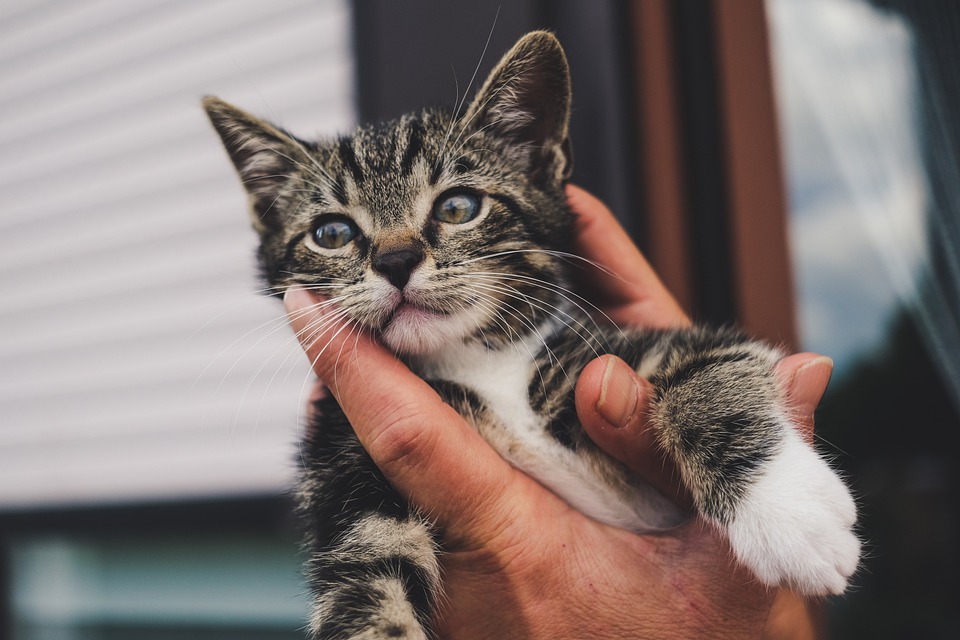The Risks of Skipping Cat Vaccinations: Why It’s Not Worth It
Introduction:
Cat vaccinations are an essential part of responsible pet ownership, protecting feline companions from a range of potentially deadly diseases. Unfortunately, some cat owners choose to skip or delay vaccinations due to various reasons. However, the risks associated with skipping cat vaccinations far outweigh any perceived benefits. In this article, we will delve into the importance of cat vaccinations and explore the potential risks of forgoing them.
1. Understanding the Role of Vaccinations in Cat Health:
Vaccinations are crucial for cats as they help prevent various diseases and boost their immune system. Vaccines work by introducing harmless parts of a pathogen or weakened versions of the disease into the cat’s body. This exposure triggers an immune response, allowing the cat’s body to recognize and fight the disease if they are ever exposed to it again. Common diseases vaccinated against in cats include rabies, feline panleukopenia, feline calicivirus, and feline leukemia virus.
2. Risks Associated with Skipping Cat Vaccinations:
A. Increased susceptibility to diseases:
Without vaccinations, cats are left vulnerable to a range of diseases. Diseases like rabies, panleukopenia, and feline leukemia can be fatal or cause severe health complications. By skipping vaccinations, cat owners put their pets at risk of contracting these diseases, which may lead to significant suffering or even death.
B. Spread of diseases to other cats:
Unvaccinated cats can become carriers of diseases and unintentionally spread them to other cats. This can lead to disease outbreaks within communities of cats, especially in multi-cat households, shelters, or catteries. Vaccinations play a crucial role in establishing herd immunity, where a significant percentage of the population is immune to a disease, preventing its spread and protecting vulnerable cats.
C. Costly and prolonged treatment:
Treating vaccine-preventable diseases can be financially burdensome and time-consuming. The cost of treating diseases such as feline leukemia or panleukopenia can quickly add up, including expenses for medications, veterinary visits, and hospitalization. Moreover, these diseases can cause long-term health issues, such as organ damage or immune system disorders, which may require ongoing care and management.
3. Debunking Common Misconceptions about Cat Vaccinations:
A. Vaccines cause adverse reactions:
It is important to address concerns about vaccine-related side effects. While some cats may experience mild reactions such as a slight fever or soreness, severe adverse reactions are extremely rare. The benefits of vaccination in preventing life-threatening diseases far outweigh the minimal risk of adverse reactions.
B. Natural immunity is enough:
Some cat owners believe that cats can develop natural immunity to diseases without vaccines. However, relying solely on natural immunity is risky, as it may not provide adequate protection against dangerous diseases. Vaccinations are designed to boost the immune response, providing cats with a higher level of protection.
C. Indoor cats don’t need vaccines:
Contrary to popular belief, indoor cats are not immune to diseases. They can still be exposed to diseases brought into the home by humans, other animals, or even through open windows. Vaccinating indoor cats is essential to protect them from potential exposure and to prevent the spread of diseases if they accidentally escape or come into contact with other cats.
FAQs about Cat Vaccinations:
1. What vaccines are essential for cats?
Core vaccines, such as rabies and feline panleukopenia, are considered essential for all cats. Other vaccines, such as those for feline calicivirus and feline leukemia, may be recommended based on the cat’s lifestyle and risk factors.
2. How often should my cat be vaccinated?
Vaccination schedules vary depending on the vaccine and the cat’s age. Generally, kittens receive a series of vaccines, with booster shots given at regular intervals throughout their lives. Consult with your veterinarian to determine the appropriate vaccination schedule for your cat.
3. Are there any risks associated with vaccinations?
As with any medical intervention, there is a small risk of side effects. However, severe adverse reactions are rare. Most cats will experience only mild, transient reactions, if any.
4. Can cats have an adverse reaction to vaccines?
While it is possible for cats to have an adverse reaction to vaccines, it is uncommon. Veterinary professionals take precautions to minimize the risk of adverse reactions and monitor cats closely after vaccinations.
5. What if my cat has missed some vaccinations?
If your cat has missed some vaccinations, it is essential to consult with your veterinarian. They will assess the risks and recommend a catch-up schedule to ensure your cat receives the necessary protection.
6. Are there any alternatives to traditional vaccinations?
While traditional vaccinations are the most effective and widely recommended method of preventing diseases, there are some non-traditional vaccination options available. These include intranasal vaccines and DNA vaccines. However, their effectiveness and suitability may vary, so it is crucial to discuss these options with your veterinarian.
Conclusion:
Skipping cat vaccinations poses significant risks to feline health and the well-being of other cats. The benefits of vaccinations in preventing deadly diseases far outweigh the minimal risks associated with them. As responsible pet owners, it is our duty to prioritize the health and safety of our furry companions. Regular veterinary visits for vaccinations are crucial to ensure their long and healthy lives. Protect your cat and the feline community by staying up-to-date with vaccinations and providing them with the protection they need.








